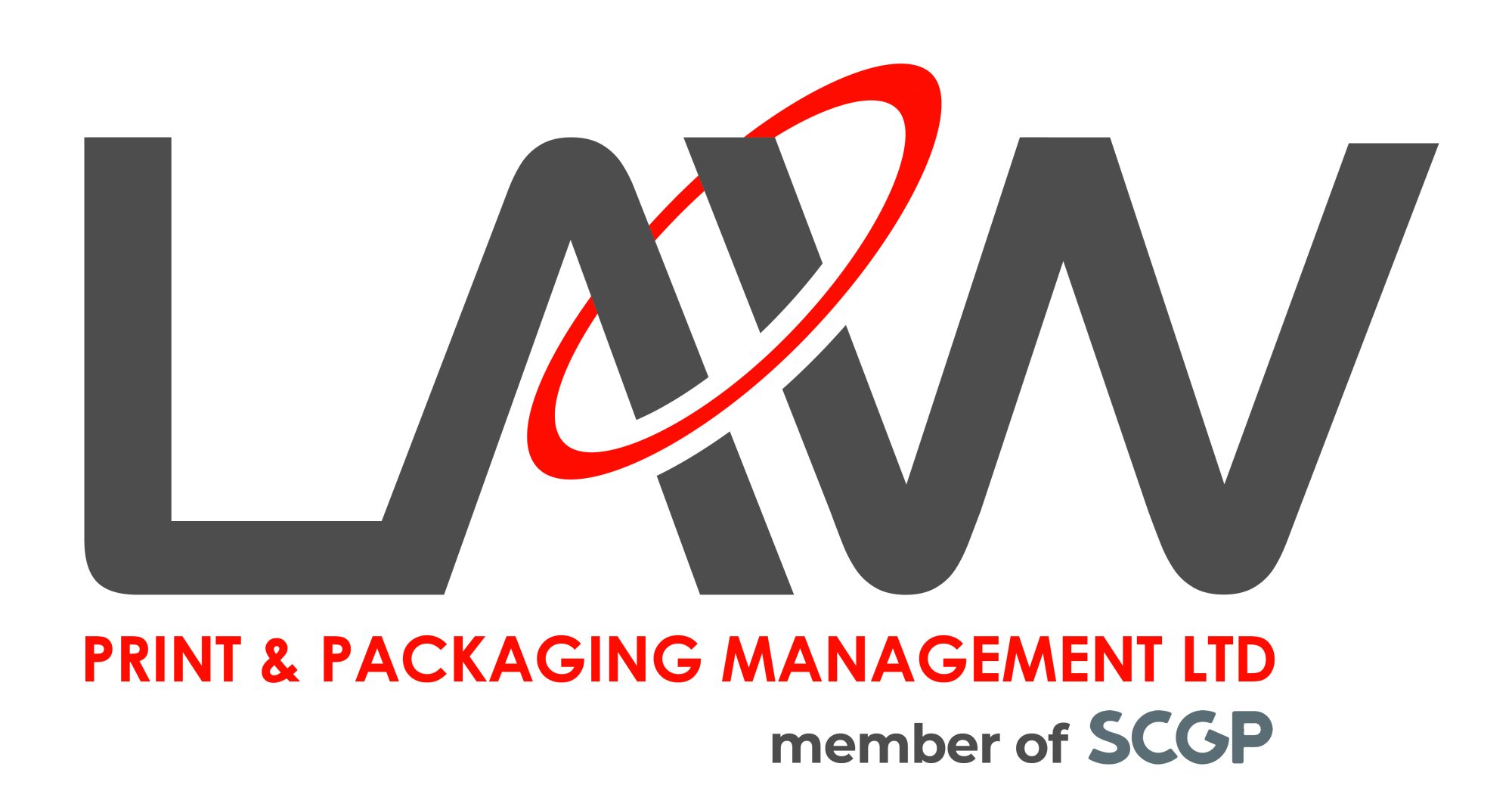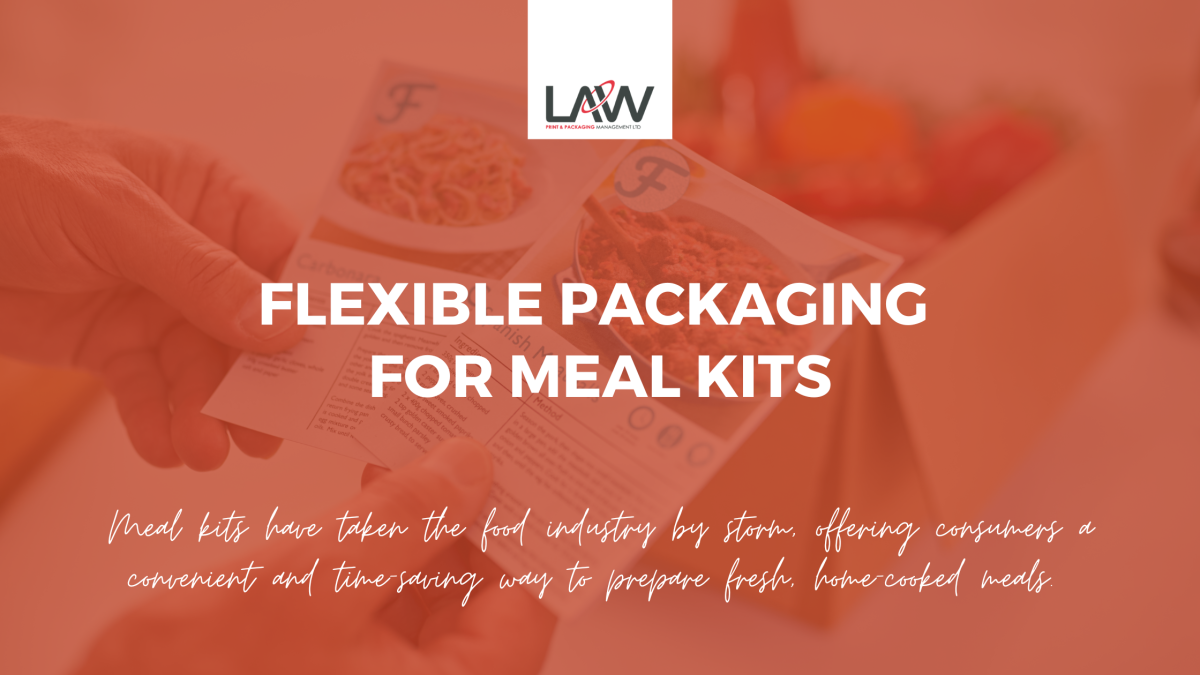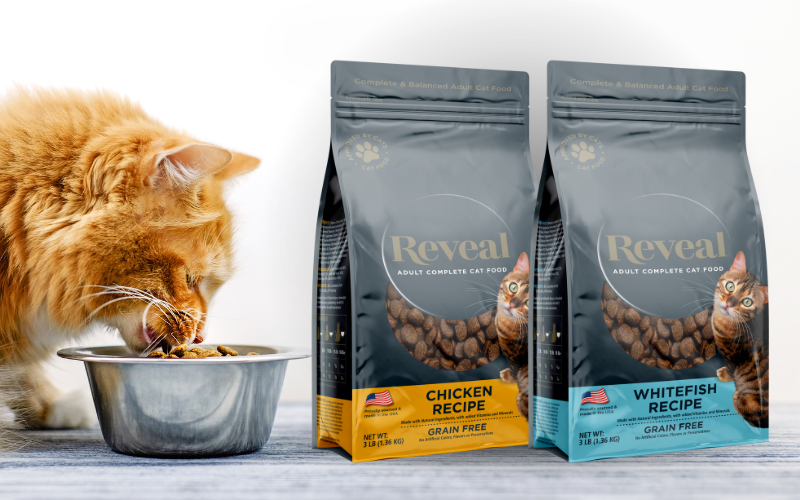Meal kits have taken the food industry by storm, offering consumers a convenient and time-saving way to prepare fresh, home-cooked meals. As more consumers turn to meal kits for their weekly dinners, there’s growing interest in how these kits can be packaged more sustainably.
Enter flexible packaging—an innovative solution that is transforming the way meal kits are delivered and consumed.
In this blog, we’ll explore the benefits of flexible packaging for meal kits and why it’s becoming the future of sustainable convenience.
What is Flexible Packaging?
Flexible packaging is made from materials like plastic, foil, and paper that can be moulded into various shapes and sizes. These materials offer a lightweight, durable, and customisable alternative to traditional rigid packaging. For meal kits, flexible packaging comes in the form of pouches, resealable bags, and film wrappers that can securely store ingredients while maintaining their freshness.
Benefits of Flexible Packaging for Meal Kits
- Lightweight and Compact Flexible packaging is significantly lighter than traditional packaging, like glass jars, tins, or plastic containers. This weight reduction leads to lower shipping costs and a smaller carbon footprint. For meal kit providers, this can result in more efficient logistics and fewer resources used in transportation.
- Extended Shelf Life One of the standout features of flexible packaging is its ability to protect food from moisture, oxygen, and other contaminants that could spoil ingredients. This is particularly important for meal kits, as freshness is a key selling point. High-barrier films used in flexible packaging help extend the shelf life of ingredients, reducing food waste for both the consumer and the business.
- Customisation and Branding Flexible packaging offers a wide range of customisation options, making it easier for meal kit companies to align packaging with their brand identity. Whether through vibrant, full-colour prints or transparent windows that allow customers to see the contents, flexible packaging enhances the unboxing experience while showcasing the brand’s commitment to innovation.
- Convenient for Consumers Consumers love meal kits for their convenience, and flexible packaging only enhances this experience. Resealable pouches make it easier to store leftover ingredients, while easy-tear options save time in the kitchen. Plus, the compact nature of flexible packaging means less clutter in the fridge or pantry, offering consumers more space and less waste to dispose of.
Sustainability: The Green Advantage
As sustainability becomes a top concern for both consumers and companies, flexible packaging provides a greener alternative to traditional materials. Here’s how:
- Reduction in Material Use Flexible packaging uses fewer raw materials than rigid alternatives, helping to conserve resources. This not only lowers the environmental impact during production but also reduces the waste generated after use.
- Lower Carbon Footprint Since flexible packaging is lighter and more compact, it requires less energy to transport. This translates to fewer emissions during the distribution of meal kits, contributing to the reduction of the carbon footprint.
- Recyclable and Compostable Options Advances in flexible packaging materials have led to the development of recyclable and even compostable solutions. Meal kit companies that embrace these options can enhance their sustainability credentials, appealing to eco-conscious consumers who want to minimise their environmental impact.
- Minimised Food Waste As flexible packaging keeps food fresh for longer, it reduces the likelihood of food spoilage, which is a significant contributor to waste. Less food wasted means fewer resources used in food production, processing, and transport, making the entire supply chain more sustainable.
Challenges and the Road Ahead
While flexible packaging offers numerous benefits, it’s not without challenges. One of the main concerns is the recycling infrastructure for flexible packaging materials, which can be limited in some areas. Additionally, the development of fully compostable flexible packaging is still in its early stages, requiring more innovation and investment.
However, the good news is that the packaging industry is constantly evolving. With continued advancements in materials science and a growing commitment to sustainability, flexible packaging for meal kits is expected to become even more eco-friendly and accessible.
As meal kits continue to grow in popularity, flexible packaging presents an ideal solution to meet consumer demands for convenience, freshness, and sustainability. By reducing material use, extending ingredient shelf life, and offering customizable, eco-friendly options, flexible packaging is reshaping the meal kit industry for the better.
Meal kit companies that adopt flexible packaging solutions will not only reduce their environmental footprint but also position themselves as leaders in sustainable innovation—a key factor for success in today’s conscious marketplace.
If you’re a meal kit provider or consumer looking for a greener packaging alternative, flexible packaging might just be the solution you’ve been searching for!
If your brand wants to invest in quality packaging, we will guide you through the entire print process. In addition, we are providing recommendations along the way to improve efficiency, reduce costs and add untold value to the end product.
Contact us on +44 (0) 161 440 7302 or follow this link to complete our contact form – or, we’ll see you there!


